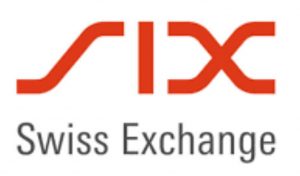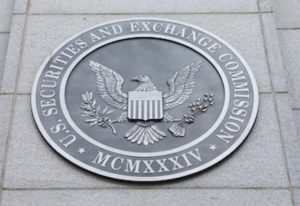Swiss Crypto Exchange-Traded Product Launching Nov. 21, But It’s Not an ETF

New.Bitcoin.com has confirmed that the exchange-traded product tracking an index of five leading cryptocurrencies will start trading on Switzerland’s principal stock exchange on Nov. 21. The exchange has also confirmed that this product is not an exchange-traded fund (ETF). The country’s financial regulator, Finma, explains the differences.
Differences Between ETPs and ETFs

The product tracks an index of five major cryptocurrencies: BTC, XRP, ETH, BCH, and LTC. While Amun’s website refers to this product only as an ETP, some believe that it is an exchange-traded fund (ETF).

A spokesperson from Finma, Switzerland’s financial regulator, told news.Bitcoin.com:
Noting that ETFs “are funds that are traded on an exchange and normally track the performance of an index,” he emphasized that “In Switzerland, these products are subject to the Cisa.”
A spokesperson from Six Swiss Exchange also confirmed to news.Bitcoin.com that Amun Crypto is an ETP, not an ETF, adding that the product will start trading on Wednesday, Nov. 21. The exchange clarified:
ETFs, ETPs and ETNs
On its website, Six Swiss Exchange detailed different types of “passive financial products in Switzerland.” The first two on the list are ETF and ETP.

The document indicates that ETPs include exchange-traded notes (ETNs) and exchange-traded commodities (ETCs). ETNs are a type of debt security that trades on exchanges and promise a return linked to a market index or other benchmark. ETCs also trade on exchanges but provide exposure to commodities and commodity indices.

Public Misunderstanding Led to Trading Suspension

In September, the U.S. Securities and Exchange Commission (SEC) temporarily suspended trading of the company’s products — Bitcoin Tracker One and Ether Tracker One — due to the inconsistencies of their descriptions.
The commission wrote:
In addition, the SEC noted that “the issuer characterizes them in its offering materials as ‘non-equity linked certificates’,” which “are not principal protected” and “do not bear interest.”
Citing “a lack of current, consistent and accurate information” of the two investment vehicles which resulted “in confusion amongst market participants regarding these financial instruments,” the SEC justified its decision to suspend their trading.














Article comments